Today, December 19, at Hanoi University of Science and Technology, the Ministry of Science and Technology in collaboration with the Ministry of Education and Training organized a scientific conference on research integrity. One of the three main presenters at the conference was Associate Professor Truong Viet Anh, Head of the Department of Science and Technology, Hanoi University of Science and Technology. The presentation introduced some initial results of the study "On building academic integrity through some surveys at highereducation institutions" by the Hanoi University of Science and Technology research group, of which Associate Professor Truong Viet Anh was the representative.
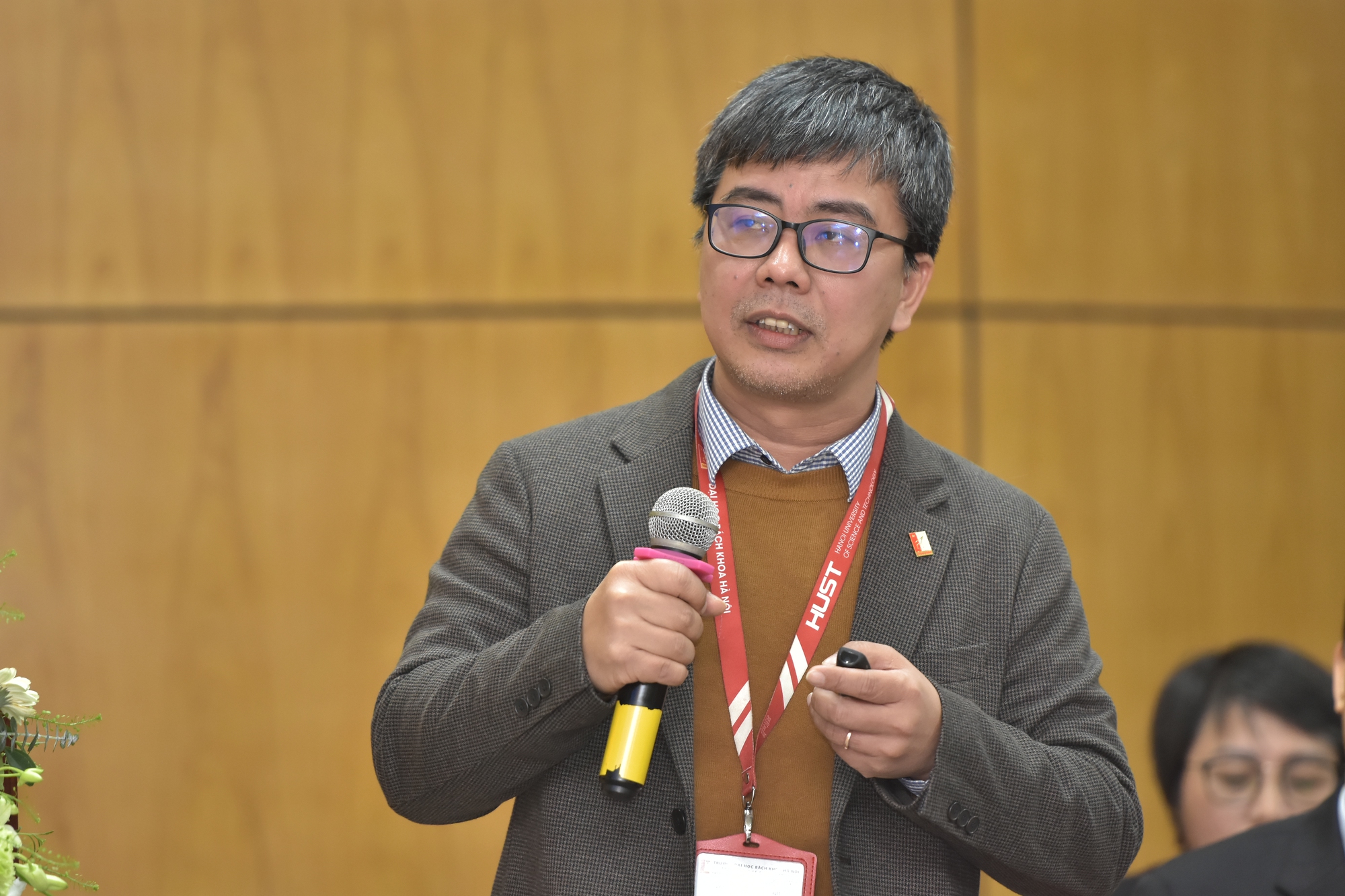
Associate Professor Truong Viet Anh presented the report "On building academic integrity through a number of surveys at university educational institutions"
Associate Professor Truong Viet Anh said that the group has surveyed staff and lecturers at a number of schools to know the awareness and views of scientists in different groups, thereby identifying their views on academic integrity. This survey has not yet been completed.
The survey's content is to assess understanding, awareness, and shared views on academic integrity; assess management measures of educational institutions; attitude of individual scientists when detecting violations; and key factors affecting the implementation of academic integrity.
"The number is not large, but we try to survey diverse levels, diverse fields, and have experience in scientific research. However, scientists working in the field of science, technology and engineering account for a large proportion (42%) compared to other fields," said Associate Professor Truong Viet Anh.
International publication pressure is the leading cause
Initial results show that survey participants believe that the most common violation of academic integrity today is including the names of people who did not participate as authors or co-authors of scientific research works. This is followed by plagiarism/self-plagiarism; doing scientific works for others/for hire; using the research work of the whole group for personal purposes without the consent of the group; fabricating and using fake data in overview studies and research results.
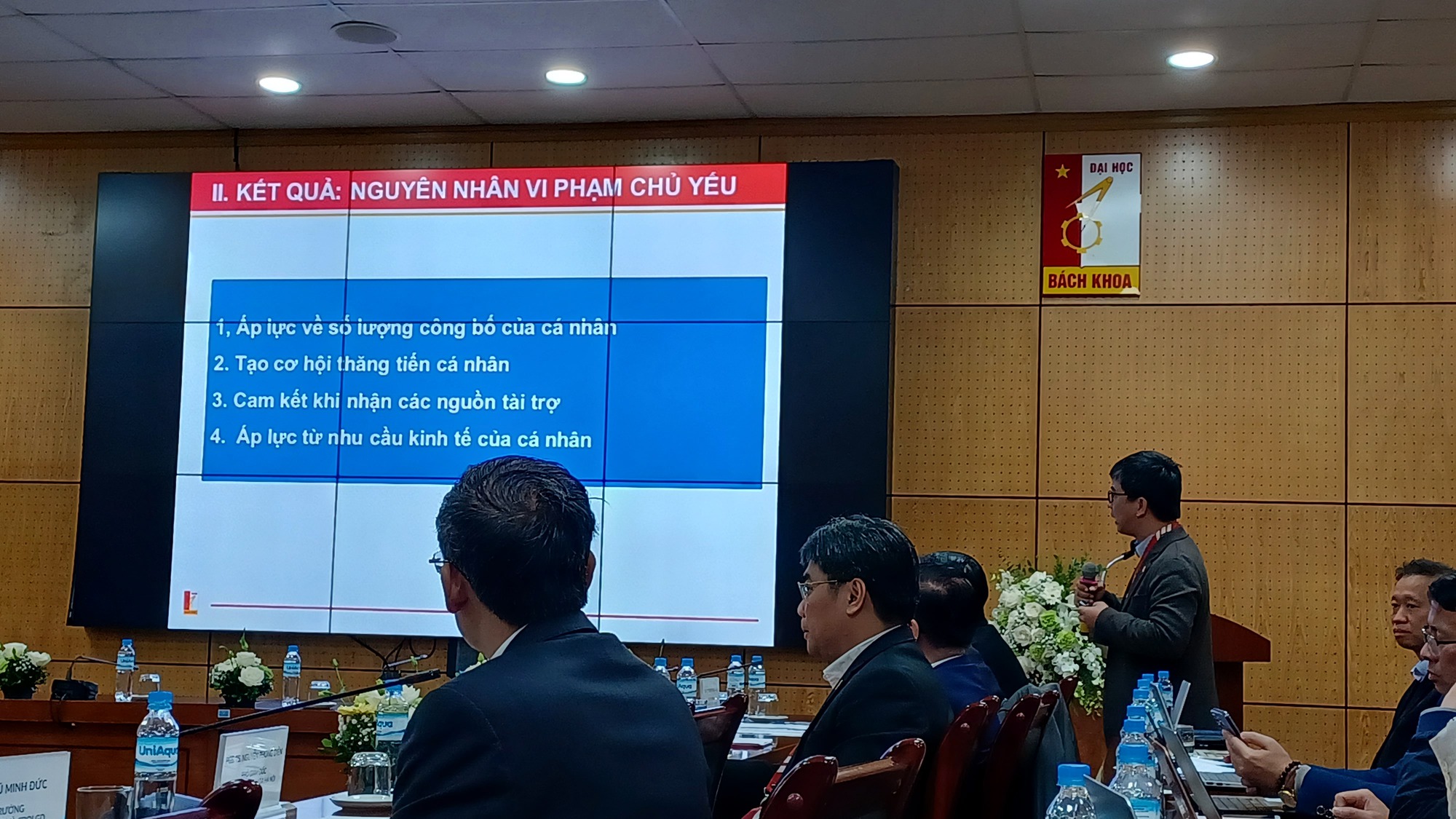
According to Associate Professor Truong Viet Anh, survey results show that pressure to publish is the leading cause of violations of academic integrity.
The main reason for violations is the pressure on the number of works that need to be published internationally by individual scientists. According to Associate Professor Truong Viet Anh, this issue is mentioned quite a lot on the Scientific Integrity forum on Facebook with 82,000 members, about scientists with a sudden increase in the number of publications. "Universities set large KPIs on publications as well as the need to increase international publications is also a certain pressure," Associate Professor Truong Viet Anh commented.
Other causes of violations include: opportunities creating for personal advancement; commitments when receiving funding sources; pressure from personal economic needs. "There are direct causes from the issue of academic integrity, but there are also factors influenced by society," commented Associate Professor Truong Viet Anh.
There is no clear struggle
When asked about their attitude when detecting violations of academic integrity, the respondents most often chose the answer "afraid", thus showing that there is no clear struggle in the current scientific environment to build academic integrity.
Many people also said that they wanted to express their disagreement with the violation of academic integrity but did not know where to report it. "Maybe because some schools do not have clear instructions on this. At Hanoi University of Science and Technology, there are currently three units in charge of receiving complaints about academic integrity: the Department of Science and Technology, the Department of Training, and the Department of Legal Inspection," said Associate Professor Truong Viet Anh.
The next attitude chosen were explained, persuasion to avoid the violation; indifference, no reflection.
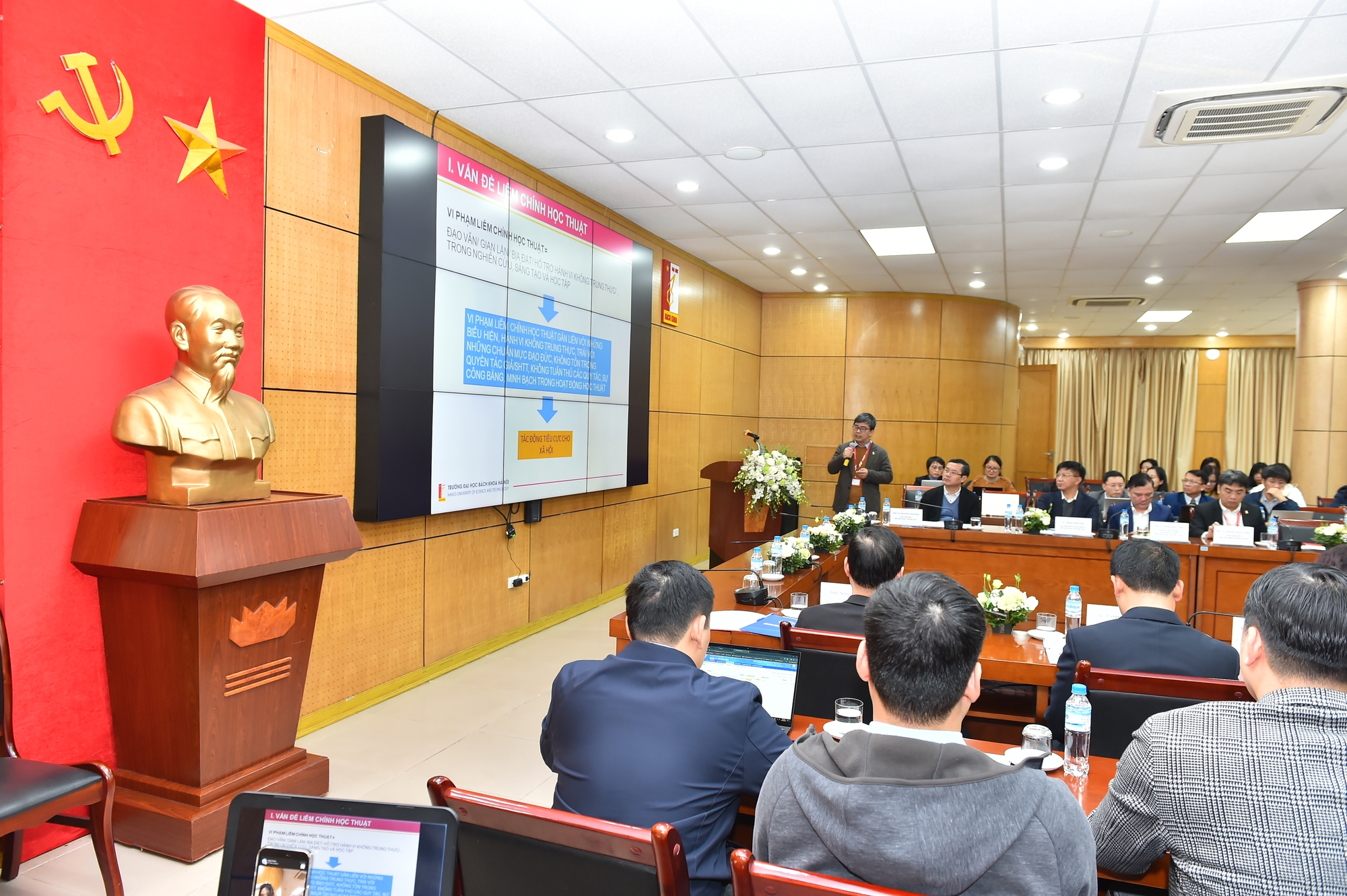
The workshop was held on December 19 at Hanoi University of Science and Technology.
Survey respondents suggested that universities should establish advisory councils on academic integrity, and at the same time complete documents and issue regulations on academic integrity of their units. Reporting violations to competent authorities, increasing propaganda and dissemination of regulations on academic integrity of the unit... were also suggestions chosen by many people.
Based on the initial survey results, the research team of the Science and Technology Department of Hanoi University of Science and Technology proposed that universities should have internal regulations to ensure the basis and compliance with academic integrity, and this is a factor in the requirements for ensuring the quality of the university. At the same time, universities need to have transparent reward regulations in implementing academic integrity to clarify attitudes and prevent and develop sanctions to handle violations of academic integrity.
Water management agencies and the entire system need to have a unified perspective and develop policies to implement integrity at research and training facilities.
Source link








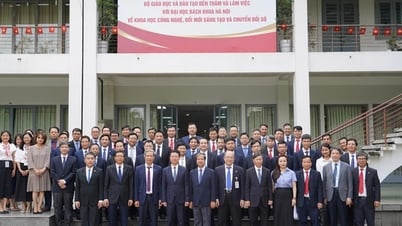

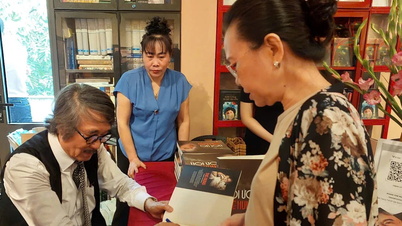



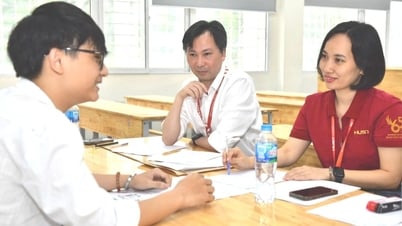

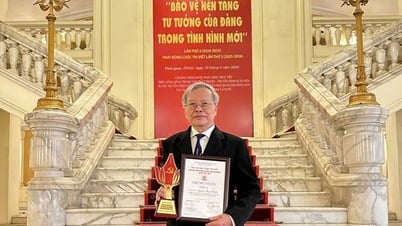


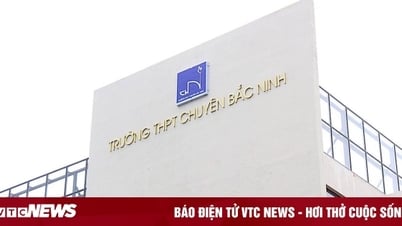


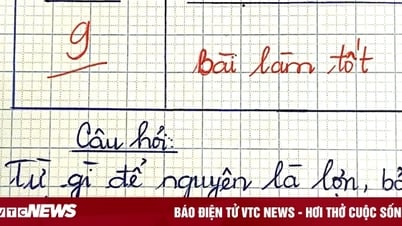
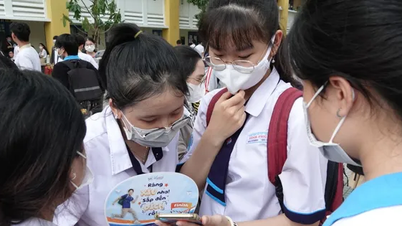

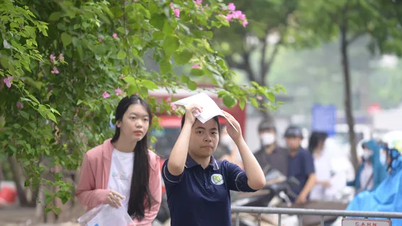
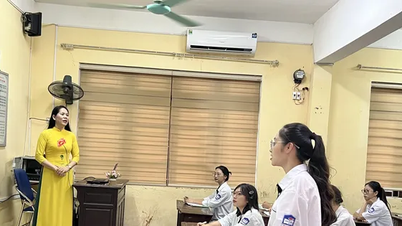




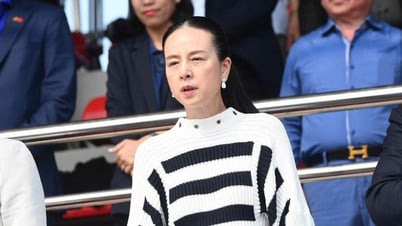


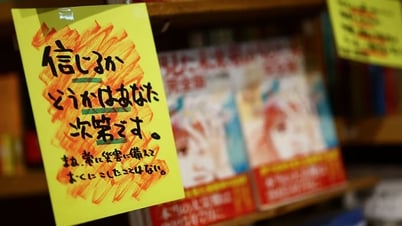
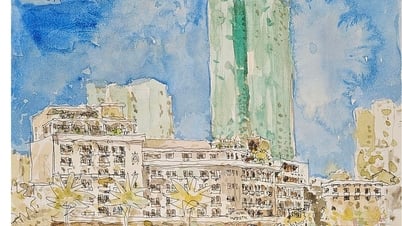
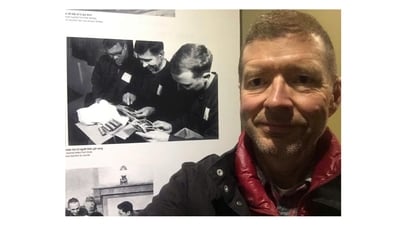

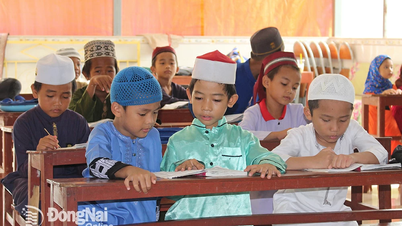











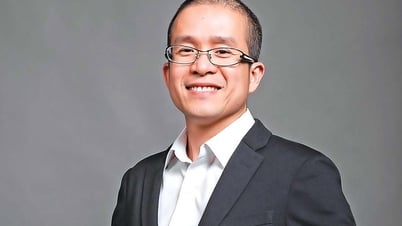

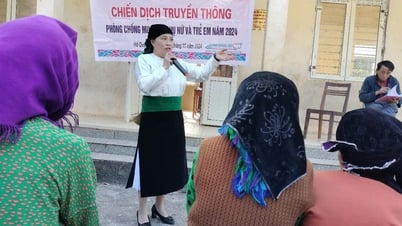






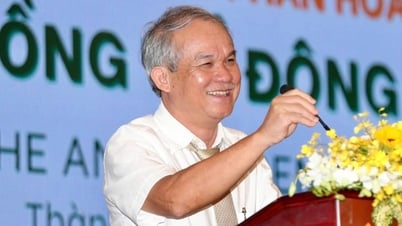
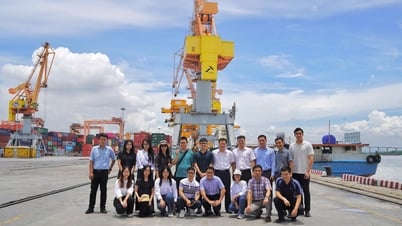

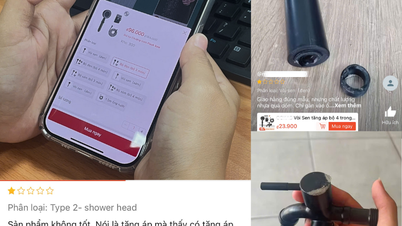

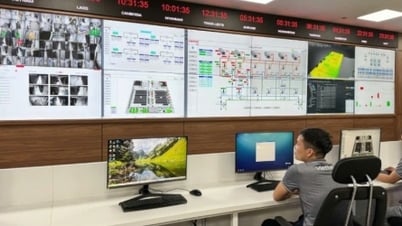
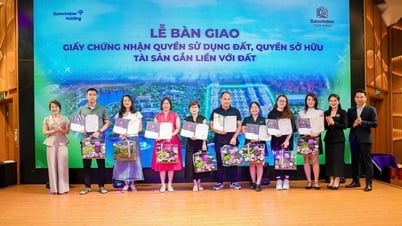


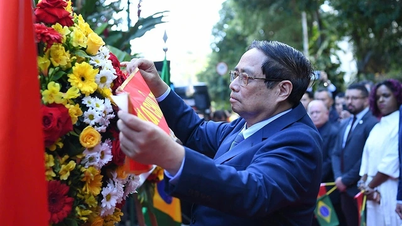
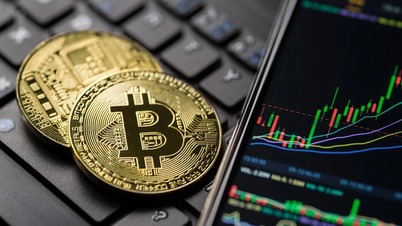


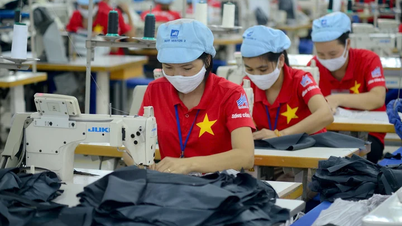


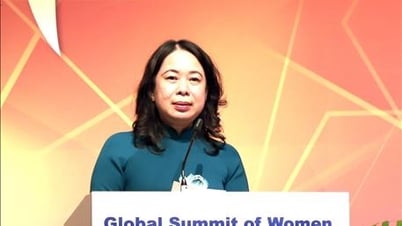



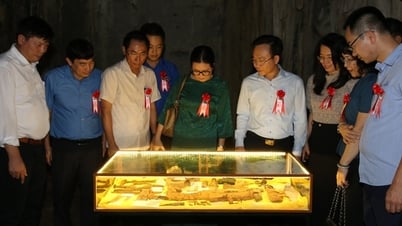



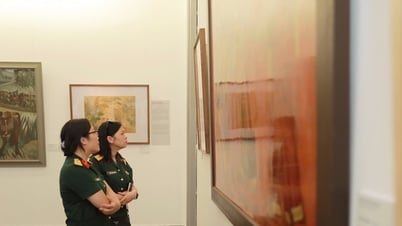


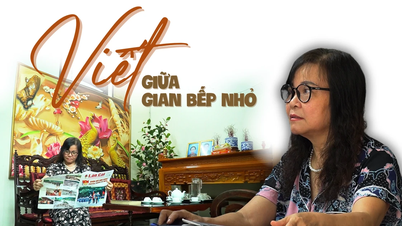

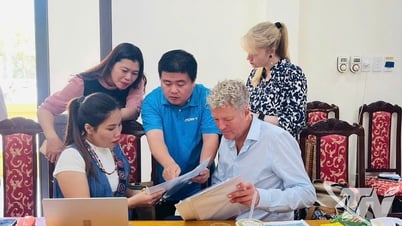




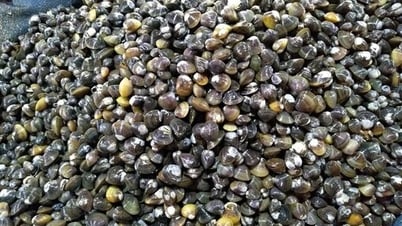



![[OCOP REVIEW] Bay Quyen sticky rice cake: A hometown specialty that has reached new heights thanks to its brand reputation](https://vphoto.vietnam.vn/thumb/402x226/vietnam/resource/IMAGE/2025/7/3/1a7e35c028bf46199ee1ec6b3ba0069e)





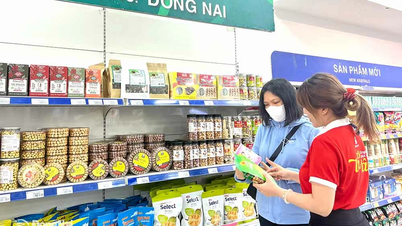

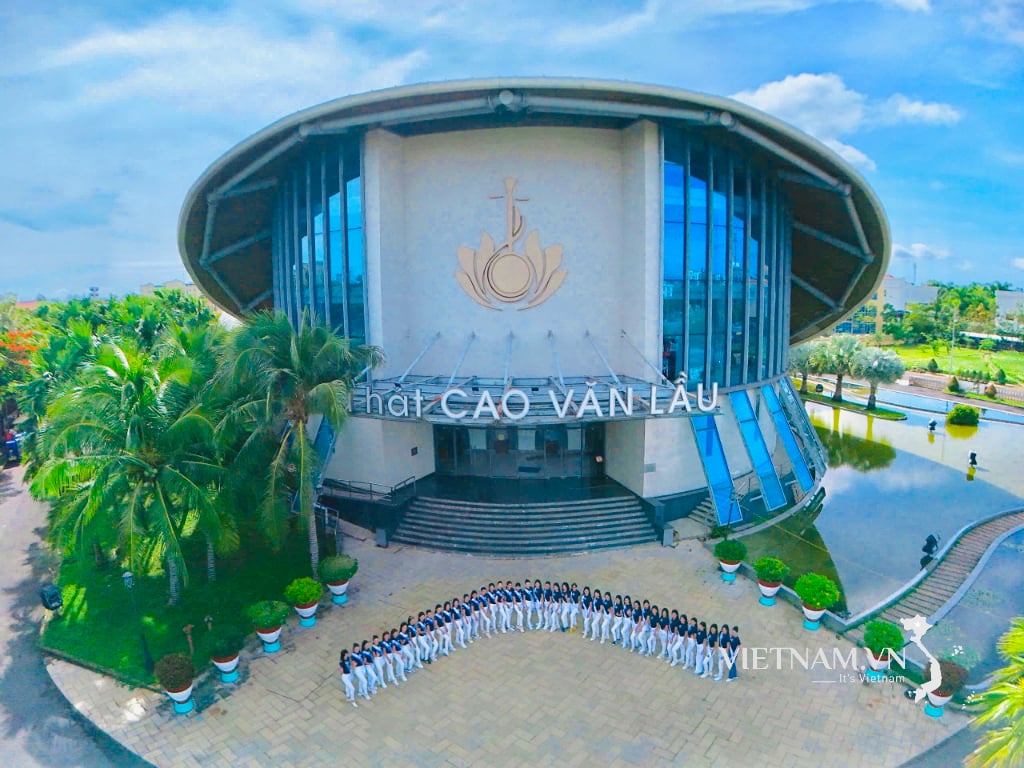

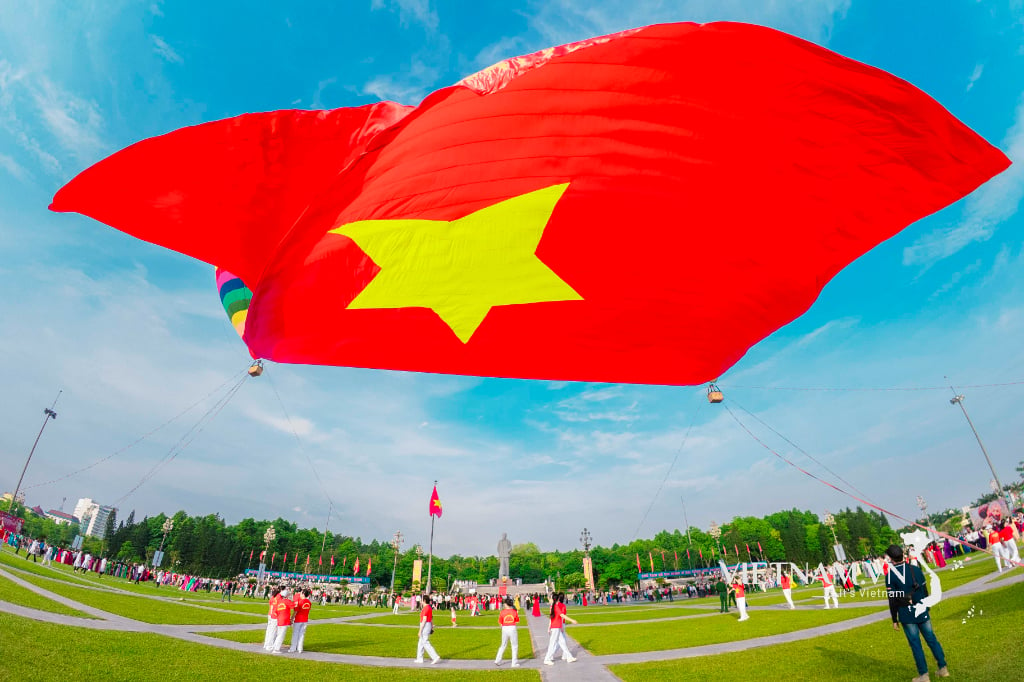

Comment (0)